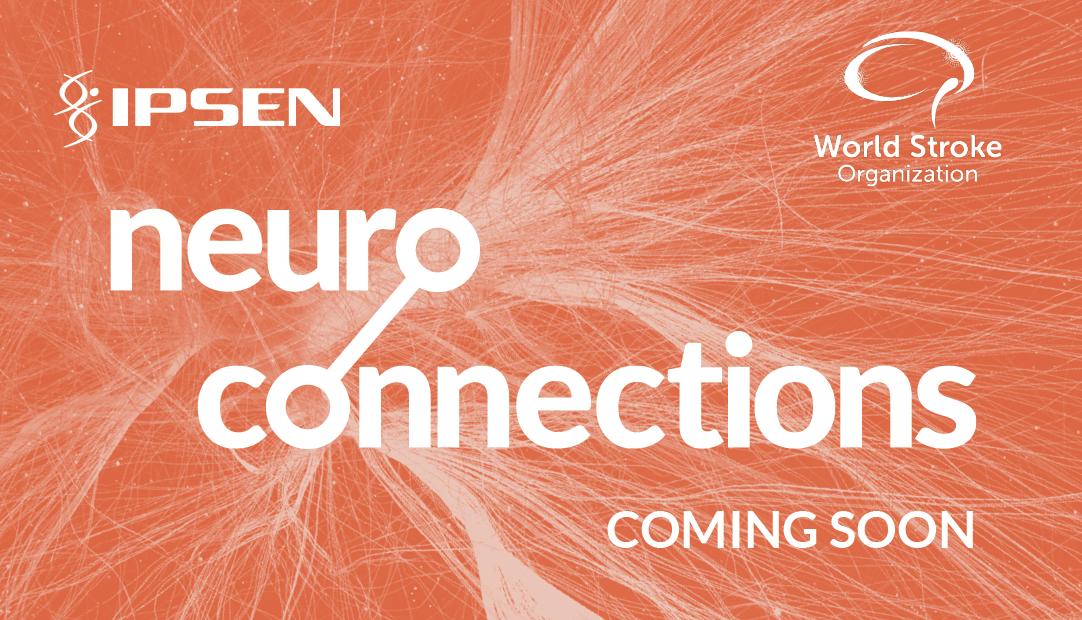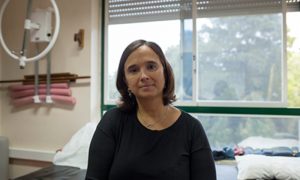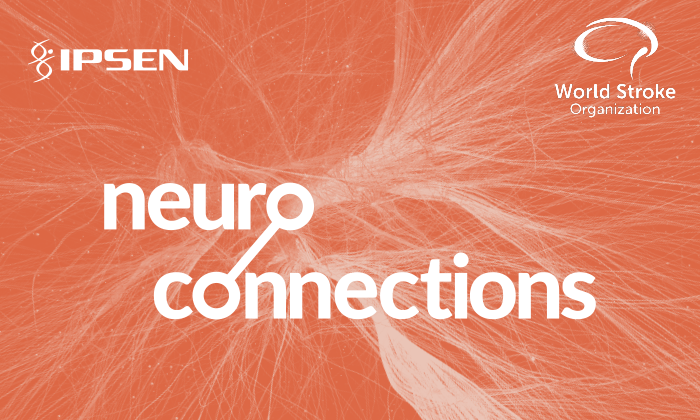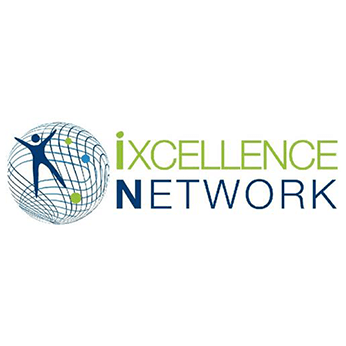Addressing the cost of inaction in post-stroke care

At Ipsen, we are committed to helping people who are navigating the challenges of living with debilitating neurological conditions, including those living with the consequences of a stroke.
Stroke is the second leading cause of death worldwide, in addition to being the third leading cause of combined death and disability, with approximately one in four people over the age of 25 expected to experience a stroke at some point in their lives.
Thankfully, more and more people are surviving strokes, but the range of potential complications they face – such as spasticity, speech & language difficulties and cognitive problems – can be life-changing.
There is also a significant impact on healthcare systems and broader society, with the costs of treating stroke expected to rise to £1 trillion by 2030. Providing stroke survivors with timely, holistic, joined-up care is vital. Programs and studies have shown that early intervention may not only lead to a reduction in treatment costs, but also to better outcomes for stroke survivors. Early intervention and early-stage rehabilitation can improve both physical and physiological outcomes for stroke survivors. Improved outcomes for patients also have broader benefits to society as they can facilitate societal contribution by the patient and their caregivers. Reduced caregiving burden can lead to fewer lost productivity and employment hours, as well as less mental and physical stress for caregivers, ultimately reducing the strain on wider health services.
Ipsen is dedicated to playing our part in addressing this global challenge by raising awareness of unmet needs for stroke survivors and collaborating with others to improve post-stroke care pathways, national stroke strategies and multidisciplinary rehabilitation.

“Early intervention in post-stroke care is vital to reducing the impact and cost of stroke globally. Data suggests that early treatment and rehabilitation can improve physical function, reduce complications, and enhance quality of life for survivors, while also alleviating caregiver burden and decreasing healthcare costs in the longer-term.
This is why we are calling for action to invest in and improve post-stroke treatment and care worldwide.”

Neuro Connections: Improving Post-Stroke Care
Join us for our new three-part vodcast, Neuro Connections, in collaboration with the World Stroke Organization. Post-stroke care experts explore the consequences of sub-optimal access to post–stroke treatment and care, and identify potential solutions to improve outcomes for patients and reduce the financial impact of stroke care on both healthcare systems and wider society.
Watch Neuro ConnectionsKey stroke statistics
12.2 million
People will have their first stroke this year
101 million
Are living with the effects and consequences of a stroke
$1 trillion
Is the estimated total cost of stroke by 2030
Learn more about what we’re doing do address the unmet needs of people living with the effects of stroke

Rising to the Challenge, Life After Stroke
As part of our commitment to improve post-stroke care for people who survived a stroke, we launched a documentary on Reuters last year featuring leading stroke researchers and advocates, including Jon Barrick, Honorary Member and Past President, Stroke Alliance for Europe and Professor Peter Kelly, President Elect, European Stroke Organisation.
They stress the need for equitable access to post-stroke care to deliver improved patient outcomes, significant socio-economic benefits and more resilient healthcare systems around the world.
Watch the documentary
Post-stroke care – European Survey
To further understand the impact of stroke on stroke survivors and their perceptions of care post-stroke, Ipsen commissioned an omnibus survey by CensusWide in the UK, France, Germany, Italy and Spain in September 2023.
Read the resultsHub Miller’s story
A stroke survivor’s journey to recovery doesn’t happen overnight, and many survivors’ journey to recovery can take weeks, months, even years. The long-term care that people receive is therefore vital to ensuring they achieve the best possible outcomes.










